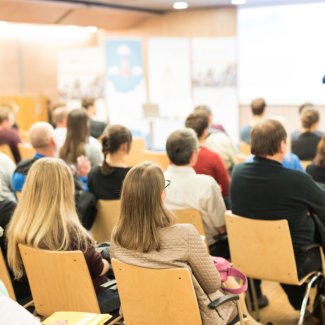
Building London Summit 2021: Recovery and renewal in the housing market
Before the coronavirus pandemic hit, London faced a housing crisis. As we look ahead, set against an uncertain economic outlook, will the Capital still be facing its historical supply and demand challenges?

Building London Summit 2021: Planning for the future in London
As the Government embarks on overhaul of England’s planning system, what will this mean for London’s unique planning arrangements? Our panel of experts debate: what is the ideal planning system we want in the Capital and what should its priorities be?

In Conversation with Sir John Armitt: Reflections on the National Infrastructure Strategy
The Government’s National Infrastructure Strategy is expected to be published alongside the spending round in late November. This webinar gave London First members a chance to hear reflections on this Strategy from the Chairman of the National Infrastructure Commission, who oversaw the publication of the first National Infrastructure Assessment.